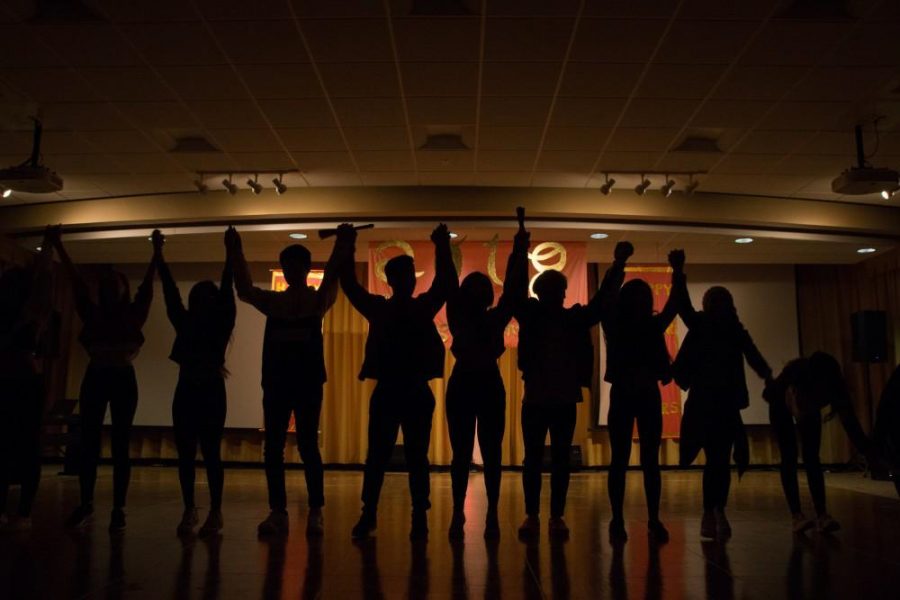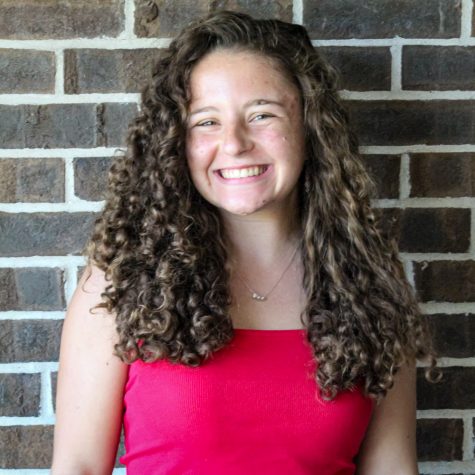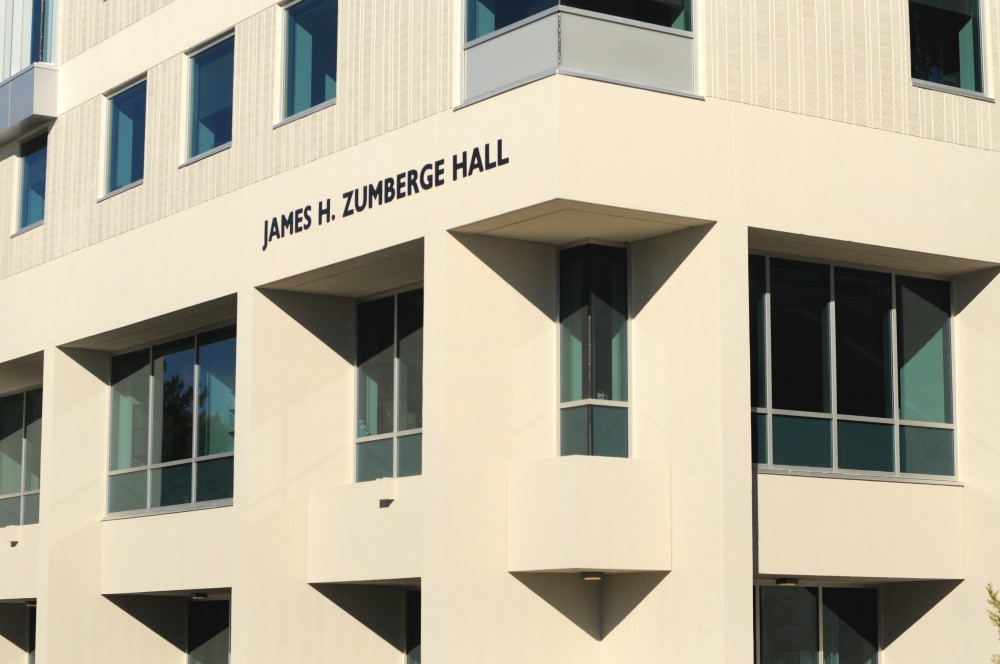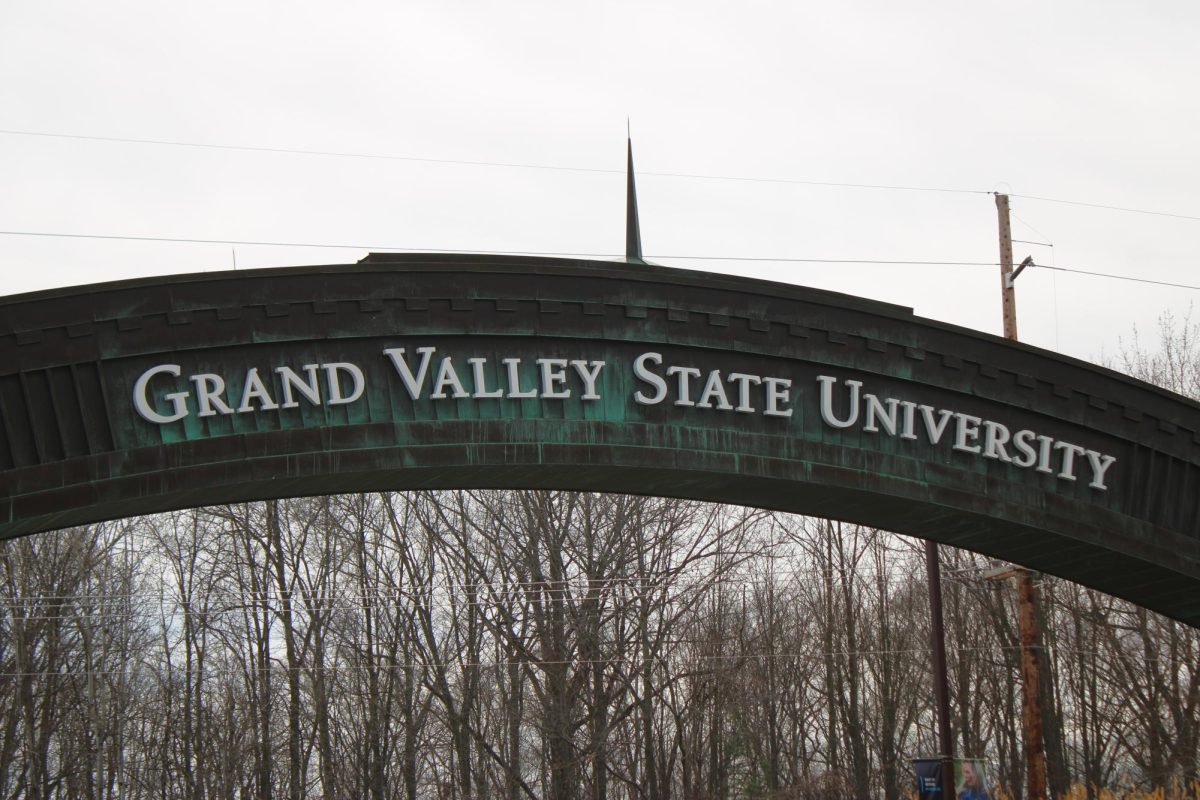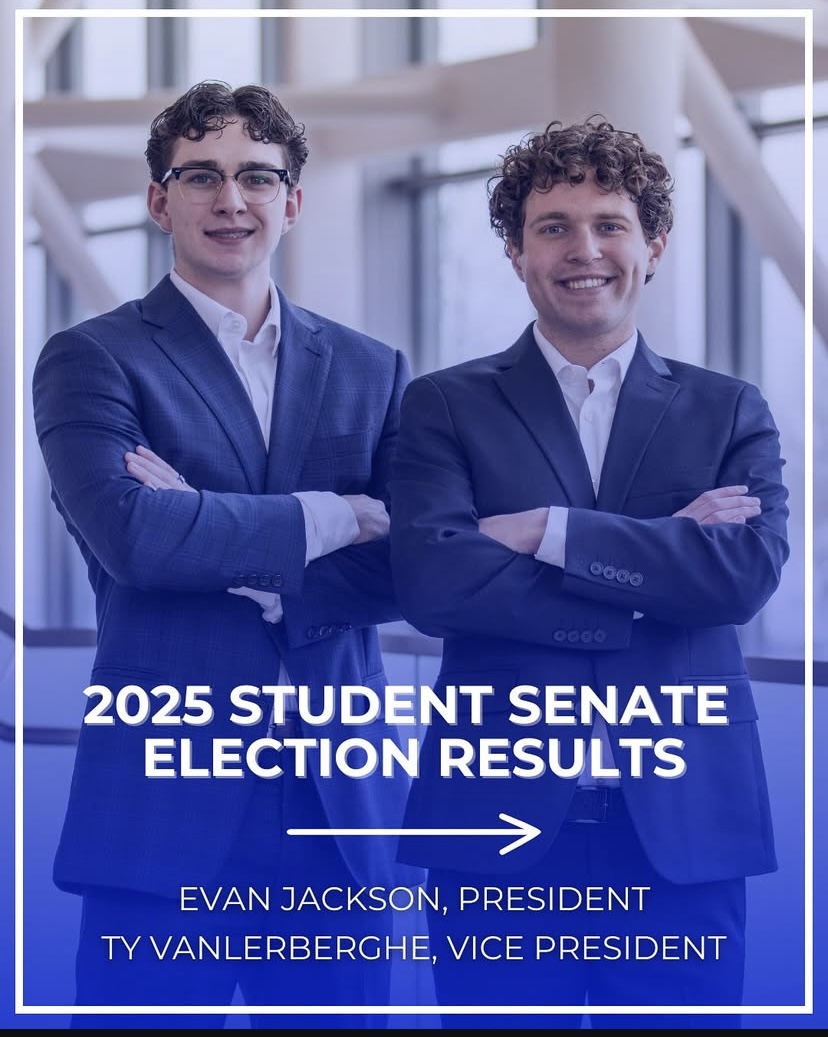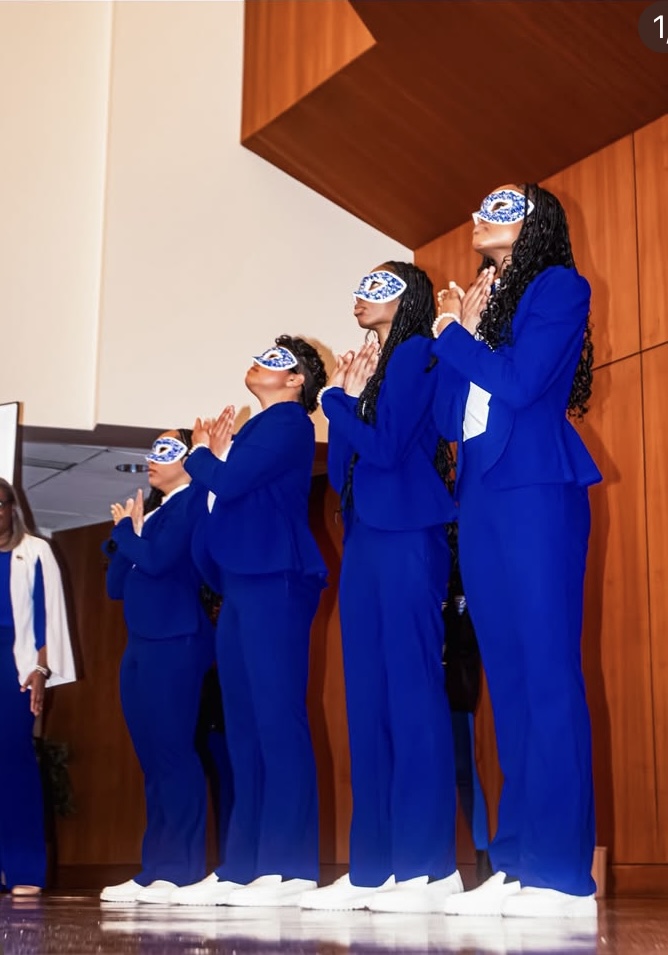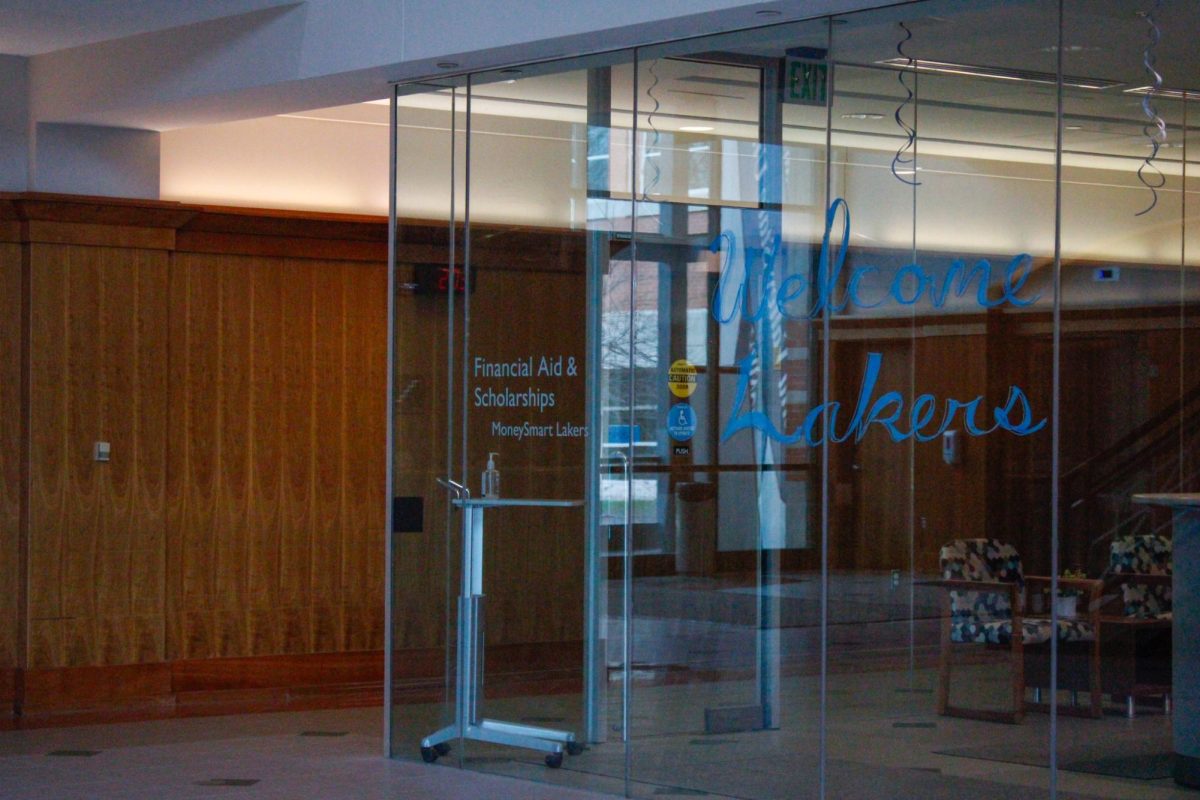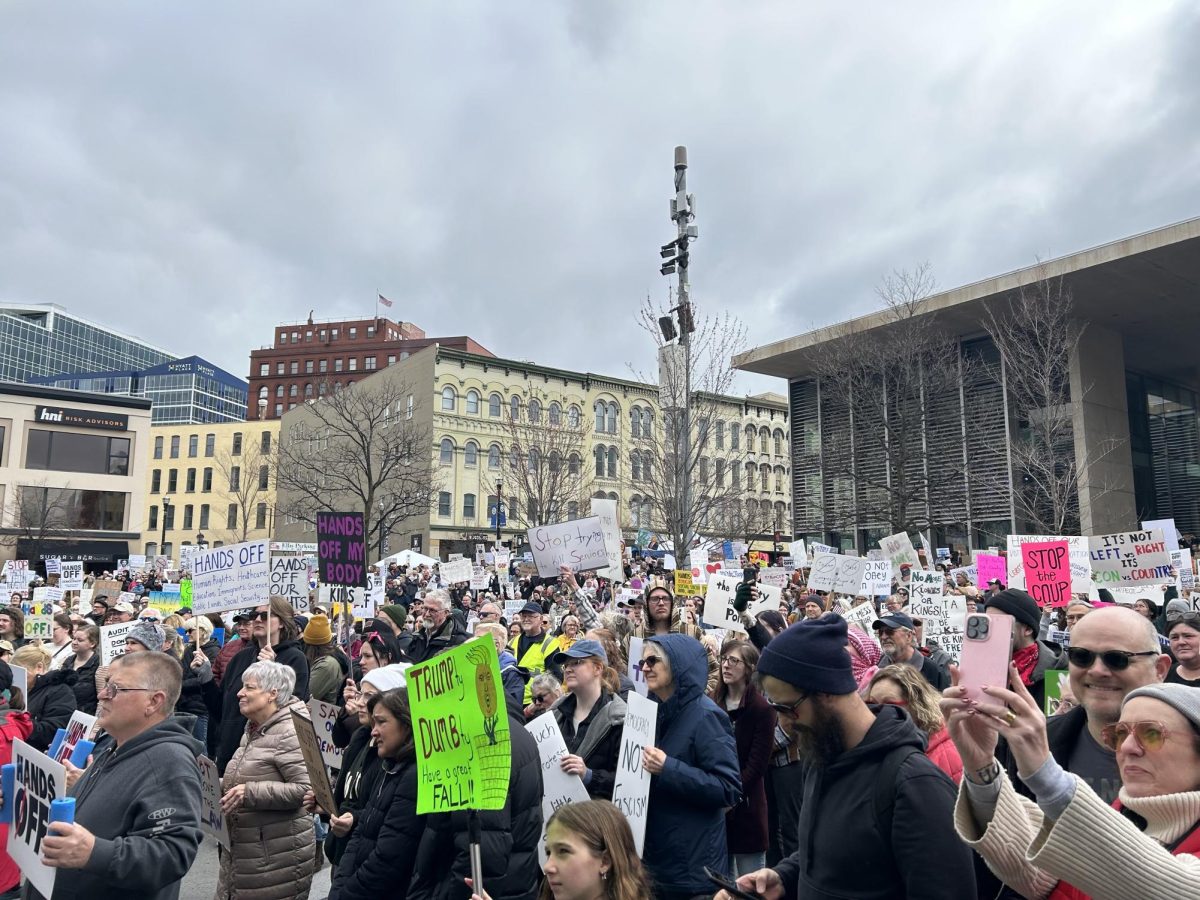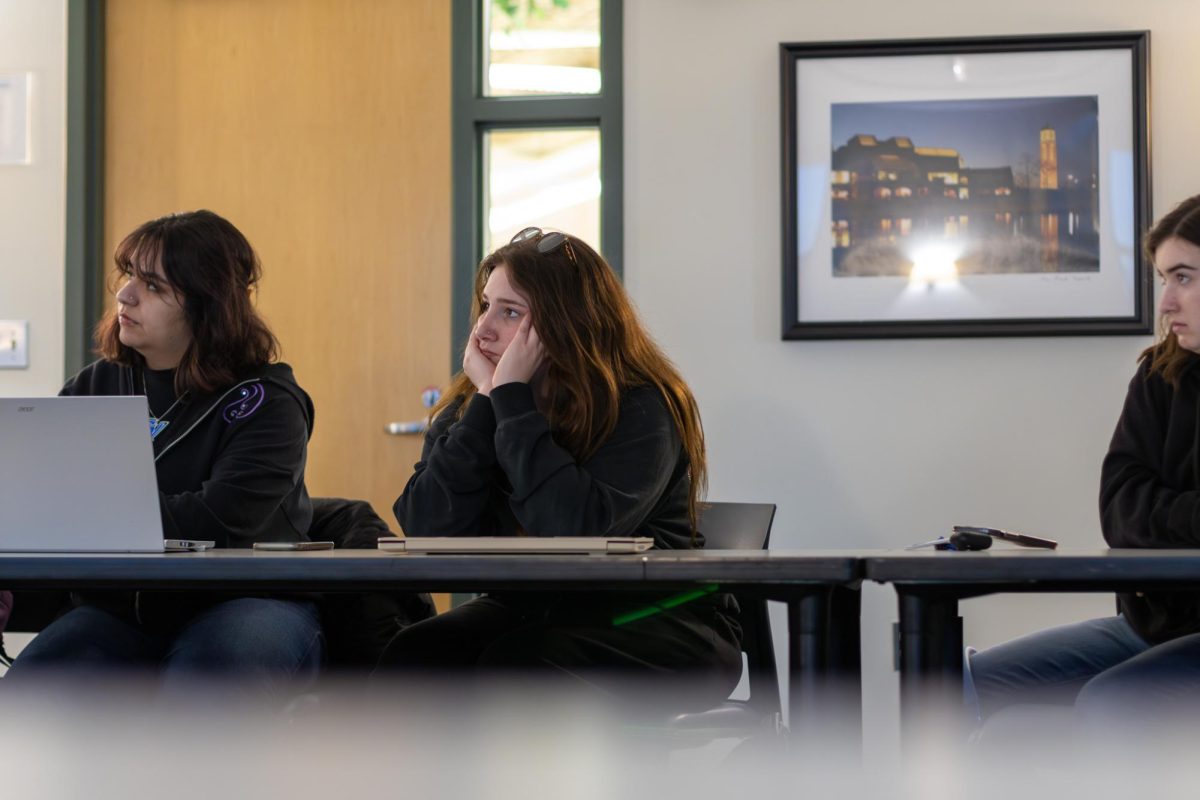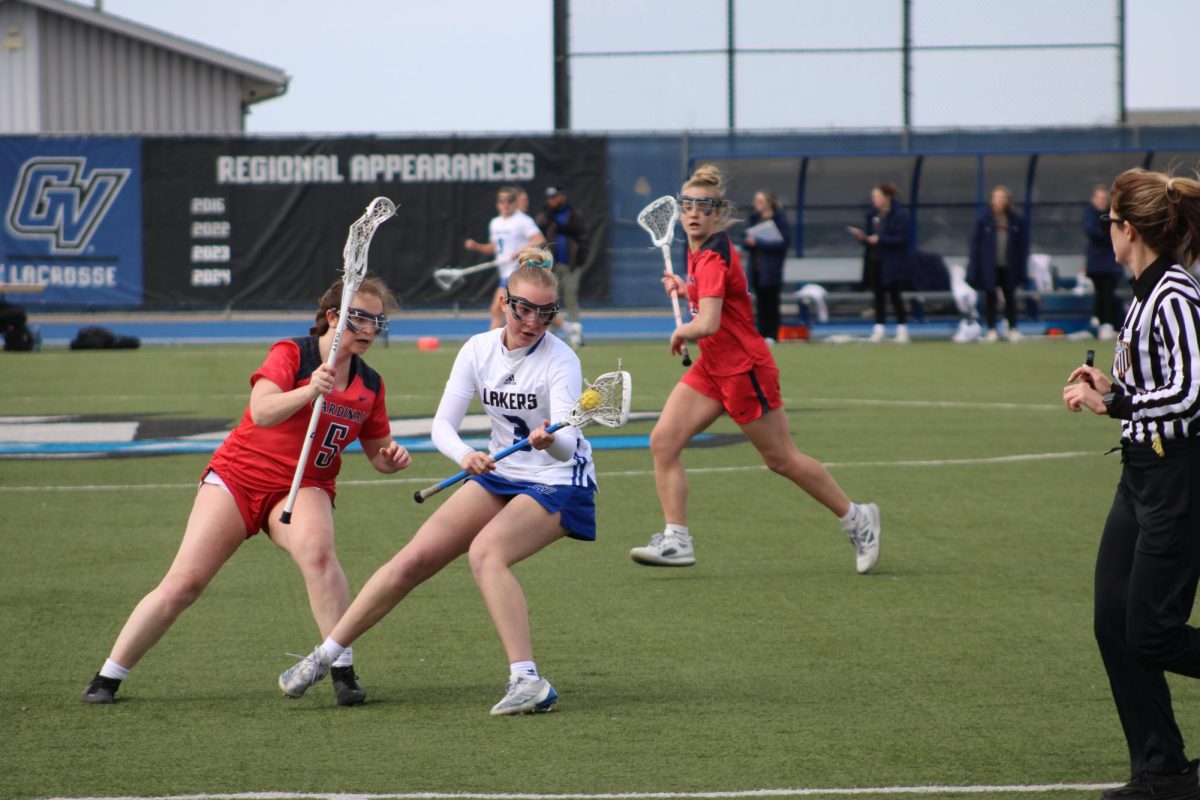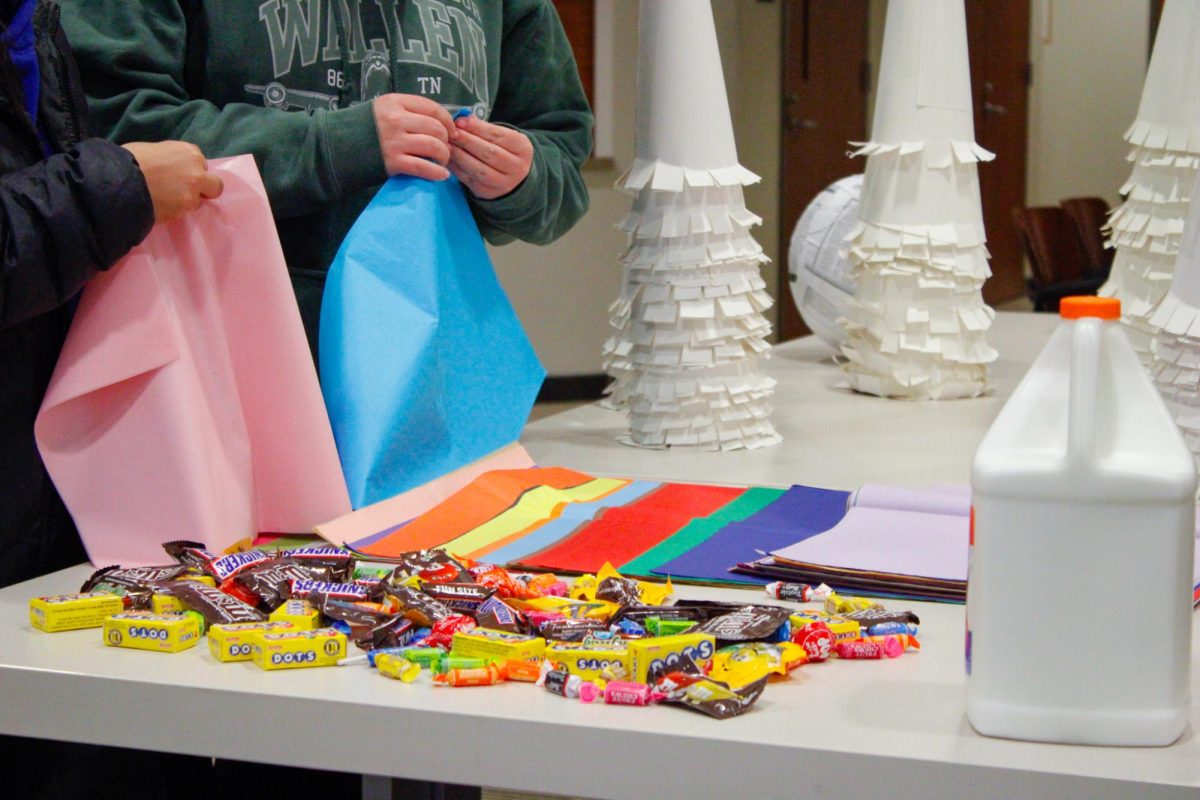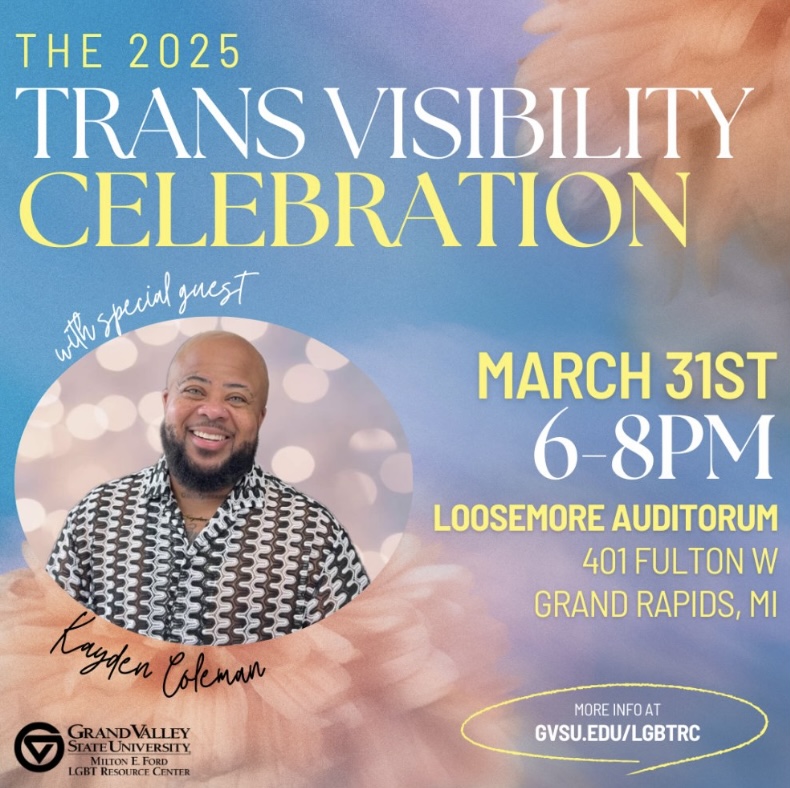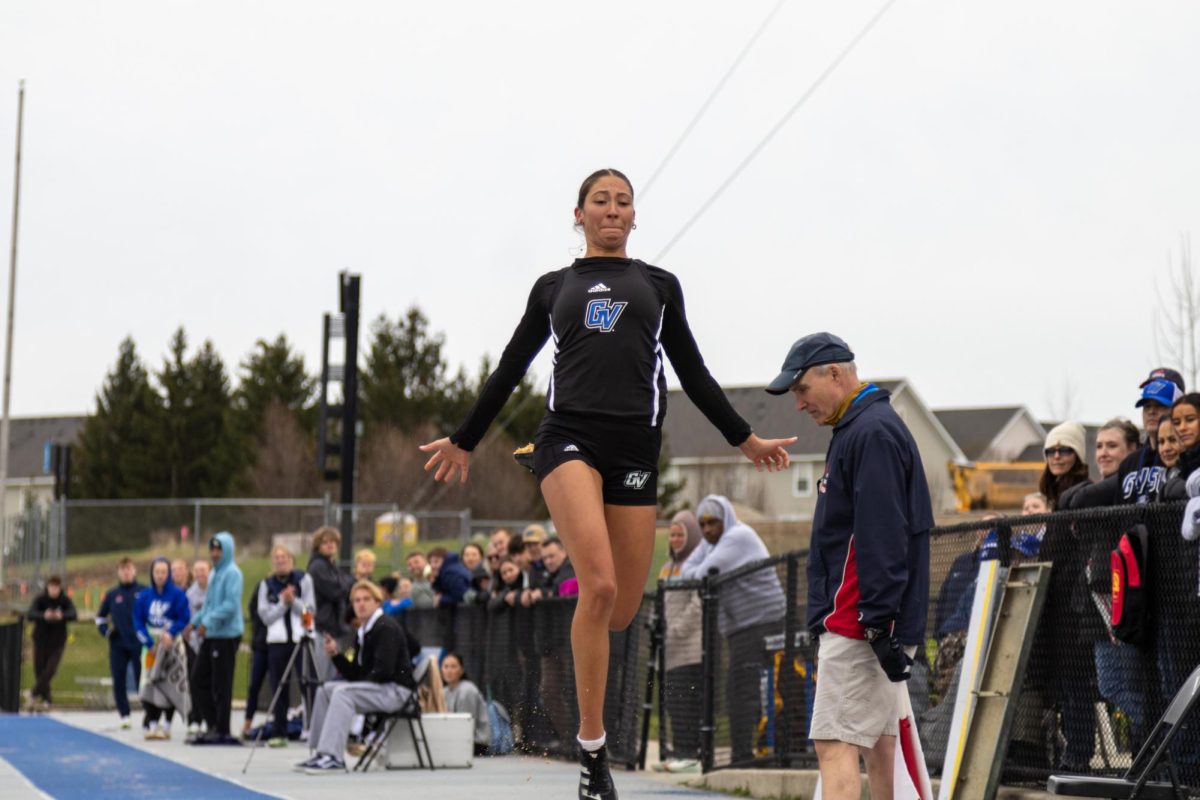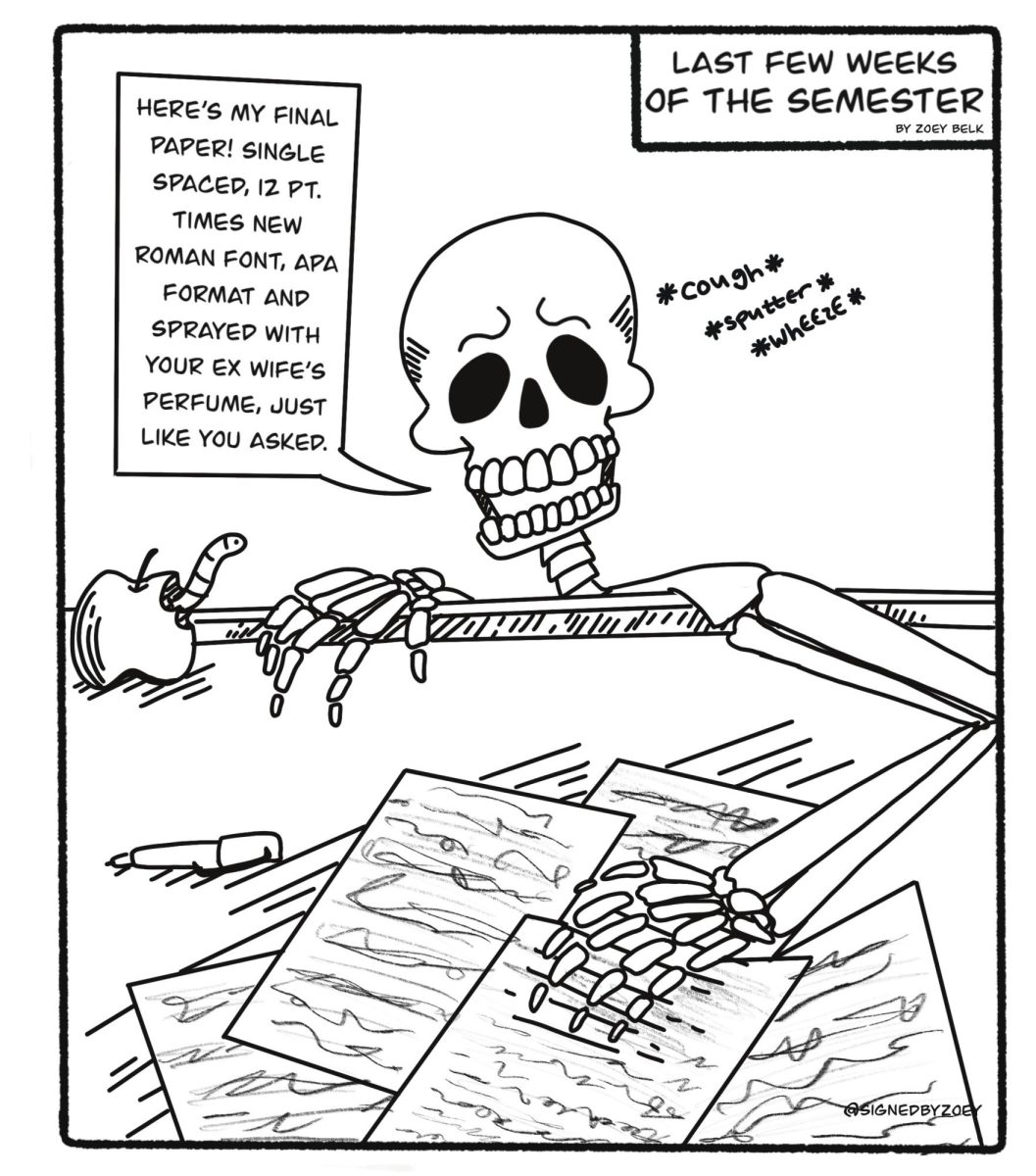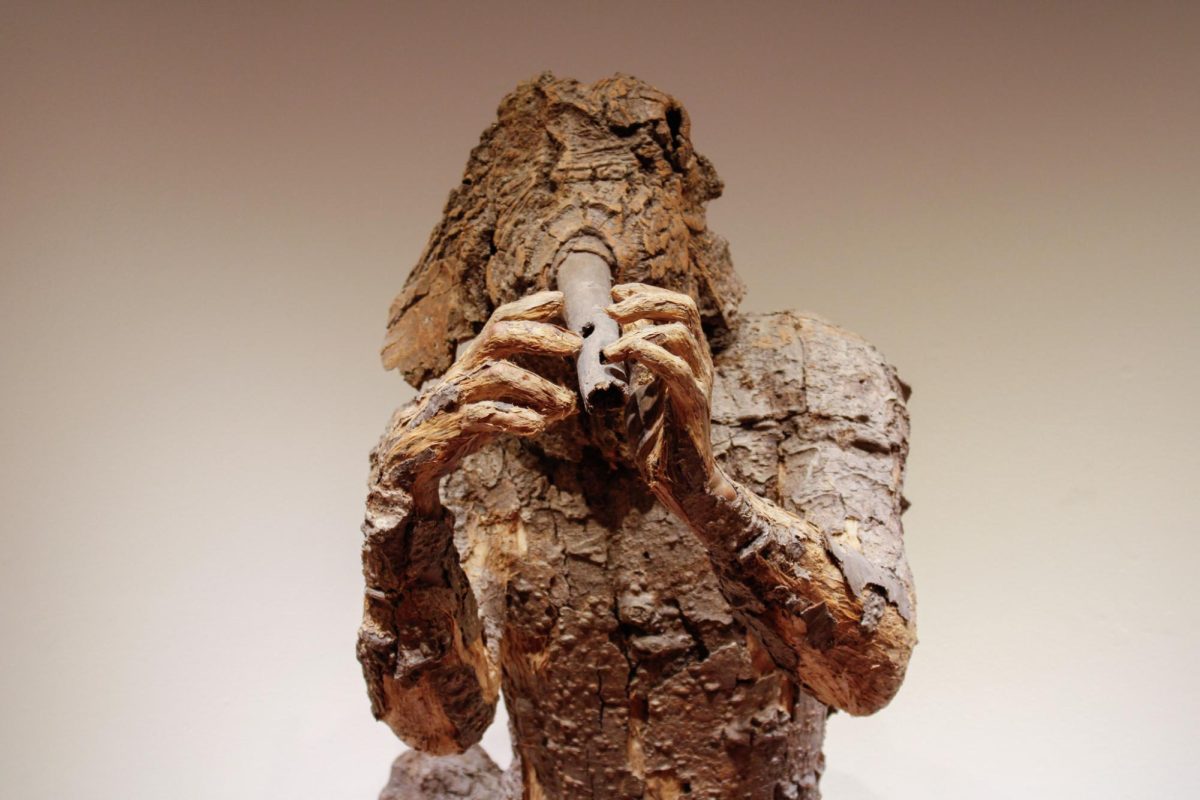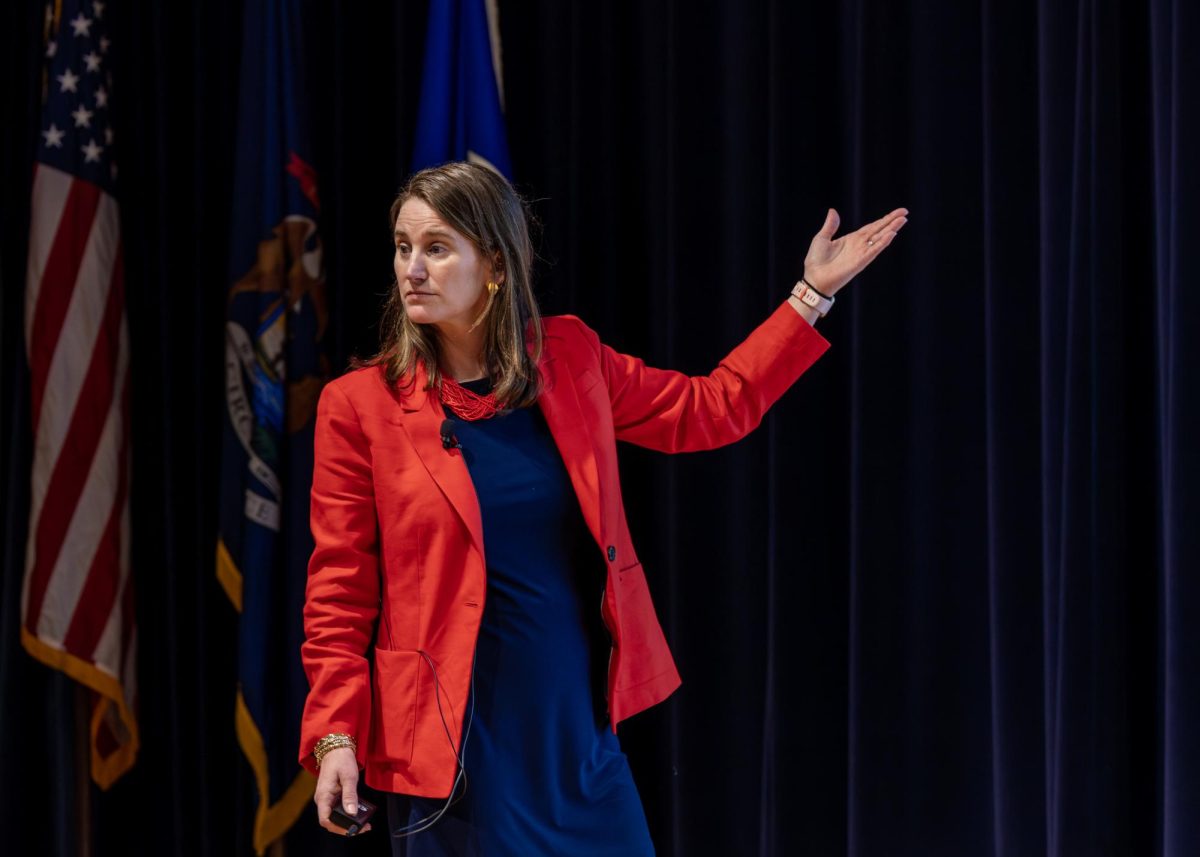GV celebration of Asian American and Pacific Islander heritage offers invitation to share in rich cultural experience
Mar 1, 2021
Grand Valley State University’s Asian American and Pacific Islander Heritage Celebration was held in a virtual setting this year in order to comply with COVID-19 restrictions. But, that didn’t mean the lineup of events is any less exciting.
Although the celebration of such events usually takes place throughout February and March to ring in the Lunar New Year, GVSU got a head start this year with “Korematsu Day” on Jan. 29.
It was on this day that a panel on Zoom discussed the Korematsu case and the constitutional issues that are relevant today, the current state of affairs and political implications (including how history could repeat itself), the lived experience of people affected by the Muslim Ban, a lived experience during the WWII incarceration, and the Governor’s Proclamation of Jan. 30 as Fred T. Korematsu Day.
Next up in the line of events came a presentation on Zoom on Feb. 24 titled, “Slanted: How An Asian American Took On the Supreme Court.” During this discussion, Simon Tam, the man who started an Asian American dance rock band called “The Slants,” gave a presentation on what led him to light the fire behind an entire movement around freedom of expression and discussions on identity.
The largest of the celebrations so far took place on Feb. 27 where GVSU’s Asian Student Union (ASU) hosted the 2021 Asian New Year Festival on Zoom and YouTube Live containing a variety of different performances and interactive events for all those involved.
ASU’s Vice President, Anthony Tran, has planned the celebration for the past two years but took on a mentoring role this year in order to let current ASU Activities Coordinator, Kyla Marquez, take the reins.
Tran said the Lunar New Year celebration is important to the Asian community because it represents a new start, a new year of new wisdom, and a chance to start over and forgive any wrongdoings that they experienced throughout the past year.
Though the celebration prevailed, it was not an easy feat.
Tran and Marquez both said that finding performers for the celebration was significantly harder than in previous years because little to none of the groups that would have usually performed had been practicing with one other.
This led both students to stretch their connections far and wide to gather performers to celebrate with.
Marquez had to reach out to other clubs from different universities and Tran was also able to network with the Grand Rapids Pacific Islander Foundation, thus leading them to find performance groups from other areas.
Due to their success in gathering such an array of performers, the events taking place were numerous, interactive, and informative.
Some of the variety of Asian traditional performances that took place were a dragon dance, a Chinese martial arts display, and a cultural fashion show.
Tran said some of the dance performances did a good job of reflecting the modern side of Asian festivals while others better resembled traditional Asian performance.
Marquez said she enjoyed the mixing of modern and traditional performances and hoped that it opened peoples’ eyes to the variety of celebrations that take place in Asian culture.
“I hope that when people saw these events it helped show there’s not just one side of Asian culture,” Marquez said. “There are many sides, modern and more traditional. We’re all really here to have fun and enjoy ourselves and I hope this showed the community that we are more alike than we are different.”
Due to the inability to hold any in-person events, online interactive activities were peppered between performances in order to help viewers welcome some of the tradition right into their own homes.
One of the activities was a how-to video instructing the audience on how to cook a traditional Filipino dish called “Chicken Adobo” with white rice on the side and the other was an origami demonstration.
Tran said these events are special to him because it reminds him of some of the traditions he has with his family in his own home.
“It’s a reminder of where my family came from and the culture that we still hold on to after we immigrated to the United States,” Tran said. “My family is from Vietnam, they came to the U.S. before I was born. Traditions like these give me a sense of community and what life would have been like if my parents never came to the U.S.”
Marquez and Tran said they hope that the celebration was able to bring Asian culture and tradition into a positive light, and strengthen the community in hope.
“I hope people learned something about the Asian community, and that we’re no different from anyone else,” Tran said. “There have been lots of hate crimes against Asian Americans brought to light recently. So, I’m hoping this event informs people that we’re people, too, that have traditions and cultures. We’re inviting everyone with open arms to celebrate our traditions with us and learn about them.”
There are two more events included in the Asian American and Pacific Islander Heritage Celebration for 2021, “Conversations With Asian Americans in Michigan: Voices From the Midwest Writers,” on Zoom on March 5, and, “R.I.C.E. Conference: Realizing and Addressing Issues In Our Culture and Education,” on Zoom on March 12.




